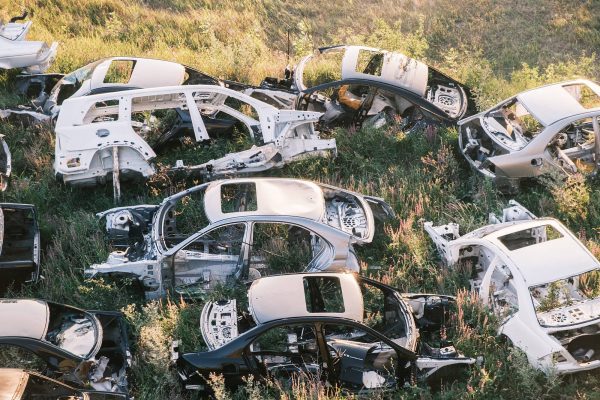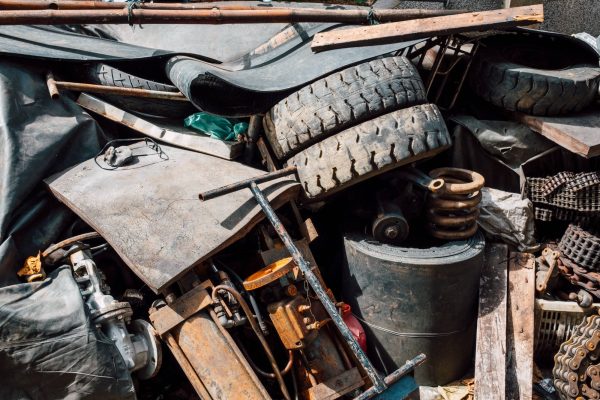Waste management encompasses more than just household rubbish; it includes complex systems for handling everything from food waste to end-of-life vehicles. As the UK moves towards greener practices, proper disposal of automotive components has become increasingly important.
Vehicle Recycling and End-of-Life Vehicle Processing
The End-of-Life Vehicles (ELV) Directive requires that 95% of a vehicle’s weight must be recycled or recovered. Authorised Treatment Facilities (ATFs) across the UK process over one million vehicles annually. These facilities work like sophisticated surgical units, methodically dismantling vehicles to salvage valuable materials and ensure hazardous components are properly handled.
Vehicle Parts Recycling and Recovery
Many vehicle parts can be recycled or remanufactured:
- Engines and transmissions can be rebuilt.
- Metal components can be melted down and reused.
- Plastic components can be recycled into new automotive parts.
- Tyres can be repurposed for various applications.
According to the British Vehicle Salvage Federation, recycled car parts save UK motorists millions of pounds annually while reducing environmental impact.

Vehicle Battery Disposal and Hazardous Automotive Waste
Vehicle batteries require special handling due to their hazardous components. The UK’s battery regulations mandate proper disposal through authorised collection points. With the rise of electric vehicles, lithium-ion battery recycling has become increasingly important. These batteries are processed at specialised facilities that recover valuable materials like cobalt and lithium.
Car Parts Waste Disposal Guidelines
Professional garages and DIY mechanics must follow specific guidelines for disposing of:
- Used oil and filters
- Brake fluid
- Antifreeze
- Fuel filters
- Air conditioning gases
These materials must be handled by licensed waste carriers to prevent environmental contamination.

Future of Automotive Waste Management
The industry faces several challenges and opportunities:
- Increasing electric vehicle battery recycling capacity
- Developing new technologies for plastic component recycling
- Improving the remanufacturing of parts
- Meeting stricter environmental regulations
Conclusion
Effective waste management, particularly in the automotive sector, is crucial for environmental protection. Understanding proper disposal methods for vehicle parts and materials helps create a more sustainable future for Britain’s automotive industry.
